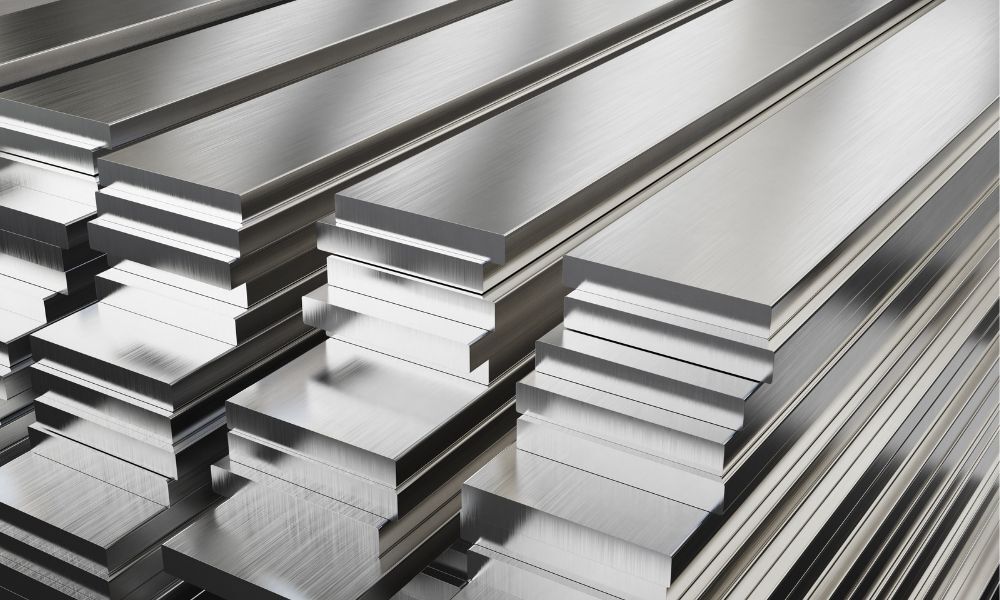Why Aerospace Companies Use Stainless Steel Carts?
In the dynamic realm of aerospace manufacturing, precision and efficiency stand as paramount virtues. Every component, every process, and every piece of equipment plays a crucial role in ensuring the success of complex aerospace projects. One often overlooked yet integral aspect of this industry is the utilization of stainless steel carts. These seemingly humble devices contribute significantly to the seamless functioning of aerospace companies. In this exploration, we delve into the reasons why aerospace companies prefer stainless steel carts and how these unassuming workhorses provide a strategic advantage.

1. Corrosion Resistance:
At the core of stainless steel’s popularity in aerospace applications is its unparalleled resistance to corrosion. The demanding environments and exposure to various chemicals in aerospace facilities necessitate materials that can withstand the test of time. Stainless steel carts, with their corrosion-resistant properties, ensure longevity and reliability. This resistance to corrosion is especially crucial when dealing with the intricate and costly components integral to aerospace manufacturing.
2. Cleanliness and Hygiene:
Aerospace production necessitates an atmosphere of absolute purity. Stainless steel carts not only exhibit resistance to corrosion but also possess inherent hygienic qualities. Their sleek, non-porous surfaces facilitate effortless cleaning and sanitization, adhering to the rigorous cleanliness benchmarks mandated in aerospace establishments. This attribute is crucial for averting the contamination of delicate aerospace components, thereby safeguarding the excellence and reliability of the end product.
3. Strength and Durability:
Aerospace components are known for their precision and intricacy. Stainless steel carts provide a robust and durable platform for transporting, storing, and handling these components. The inherent strength of stainless steel makes these carts capable of carrying heavy loads without compromising their structural integrity. Aerospace companies rely on this durability to ensure the safety and stability of their operations.
4. Temperature Resistance:
The aerospace industry operates in extreme conditions, from the frigid temperatures at high altitudes to the intense heat generated during certain manufacturing processes. Stainless steel carts exhibit excellent resistance to temperature variations, ensuring that they remain reliable and effective in diverse aerospace settings. This thermal stability is crucial for maintaining the functionality of the carts and the integrity of the materials they transport.
READ MORE: WHAT IS BUTTON HEAD SCREWS , AND PROPERTIES , APPLICATIONS
5. Non-Magnetic Properties:
In aerospace manufacturing, where precision is paramount, the interference of magnetic fields can be detrimental. Stainless steel, being non-magnetic, is ideal for environments where electromagnetic interference must be minimized. This quality ensures that sensitive aerospace instruments and equipment are not affected by stray magnetic fields, contributing to the precision and accuracy of manufacturing processes.
6. Customization and Adaptability:
The versatility of stainless steel carts allows aerospace companies to customize them to meet specific requirements. Whether it’s the addition of specialized compartments, adjustable shelving, or unique configurations, stainless steel carts can be tailored to suit the unique needs of aerospace manufacturing processes. This adaptability is crucial in optimizing workflow and enhancing overall efficiency.
7. Compliance with Industry Standards:
Adherence to rigorous regulations and standards is imperative in aerospace manufacturing to guarantee the dependability and safety of the end products. Stainless steel carts, aligning with these stringent industry norms, offer aerospace firms the confidence that their machinery fulfills the essential benchmarks for excellence and safety. This conformity plays a pivotal role in the equipment selection process within the aerospace sector.
8. Cost-Effectiveness in the Long Run:
While the initial investment in stainless steel carts might be higher than alternatives, the long-term cost-effectiveness is a key consideration. The durability and resistance to corrosion reduce maintenance costs, and the longevity of stainless steel carts translates to a more sustainable and cost-efficient solution over time. Aerospace companies recognize the value of this long-term investment in ensuring the reliability of their operations.
Conclusion:
In the intricate dance of precision and innovation that defines the aerospace industry, the role of stainless steel carts is often overlooked but undeniably crucial. These carts, with their corrosion resistance, cleanliness, strength, temperature resistance, non-magnetic properties, adaptability, compliance with industry standards, and long-term cost-effectiveness, provide aerospace companies with a strategic advantage. As the aerospace sector continues to evolve, the reliance on stainless steel carts is likely to grow, underscoring their indispensable role in the intricate web of processes that propel aerospace engineering to new heights.
READ MORE: How to start a new startup business on Deepawali 2023




